Decentralized perpetual swaps have emerged as a cornerstone of the
Decentralized Finance (DeFi) has emerged as a transformative force within
In the realm of Decentralized Finance (DeFi), collateral plays a

Vitalik Buterin, Ethereum's founder, advocates for multidimensional gas pricing to address network issues. Vitalik Buterin,
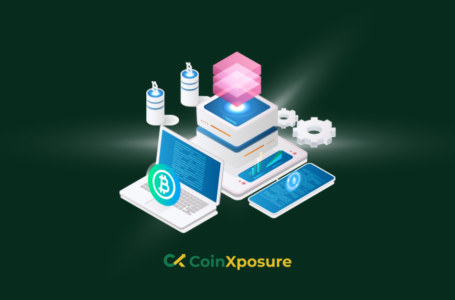
Decentralized perpetual swaps have emerged as a cornerstone of the burgeoning decentralized finance (DeFi) landscape,
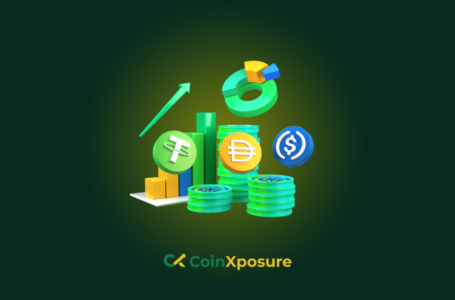
Decentralized Finance (DeFi) has emerged as a transformative force within the financial landscape, offering unprecedented
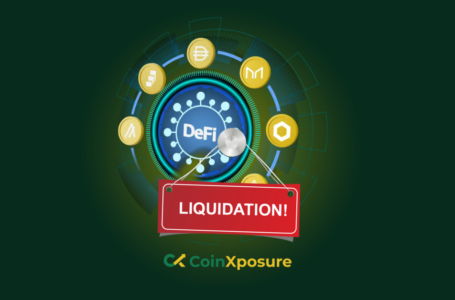
In the realm of Decentralized Finance (DeFi), collateral plays a pivotal role in securing loans
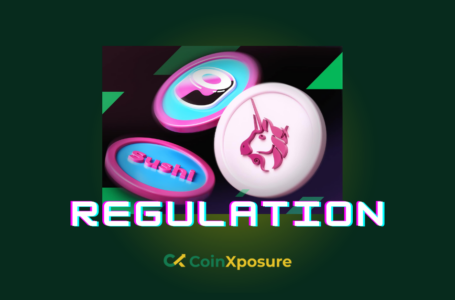
Decentralized exchanges (DEXs) have emerged as innovative platforms that allow users to trade cryptocurrencies directly
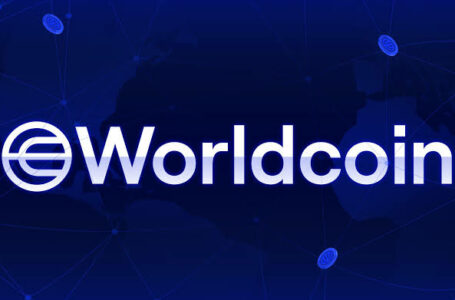
Worldcoin's World ID verification powered by Orb verification technology has extended to Peru, following success
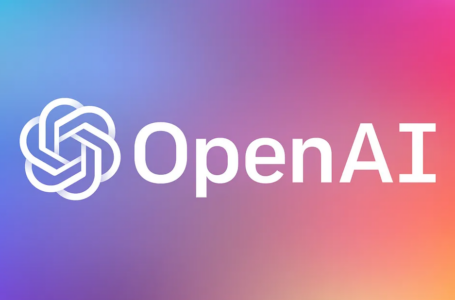
OpenAI has introduced Model Spec, aiming to engage the public in discussions on AI behavior
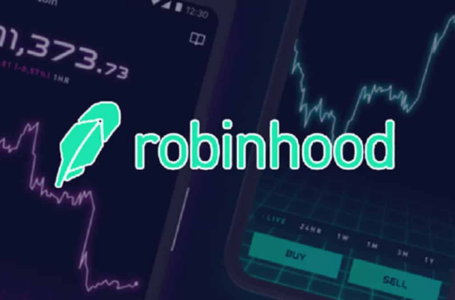
Robinhood, a prominent American cryptocurrency exchange, recently got a Wells Notice from the Securities and